No matter what, it will be a ‘change’ election for the federal public service
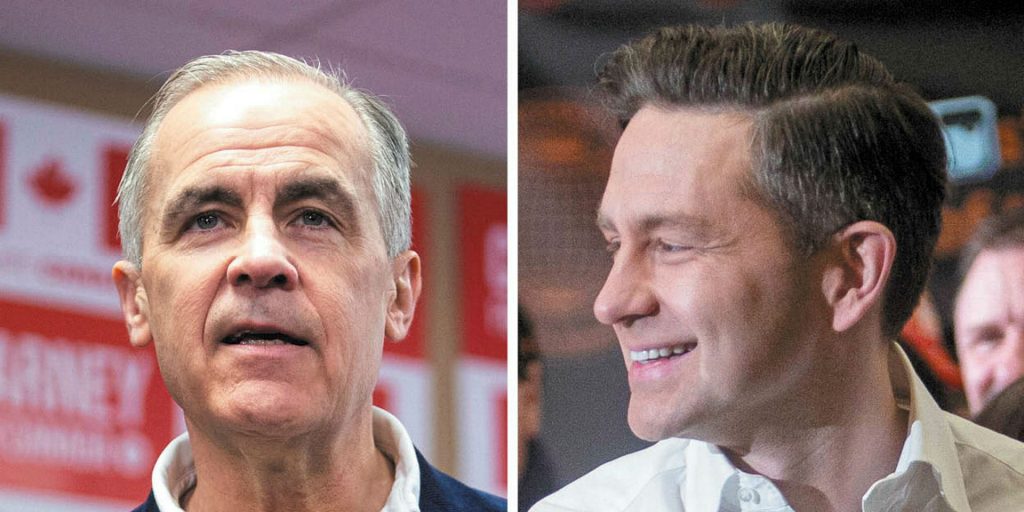
All in all, both Mark Carney and Pierre Poilievre promise fiscal restraint, but they have very expensive priorities and are planning to run deficits. Time will tell whether how much of a ‘change’ the next prime minister is from the last one.
How to face defeat
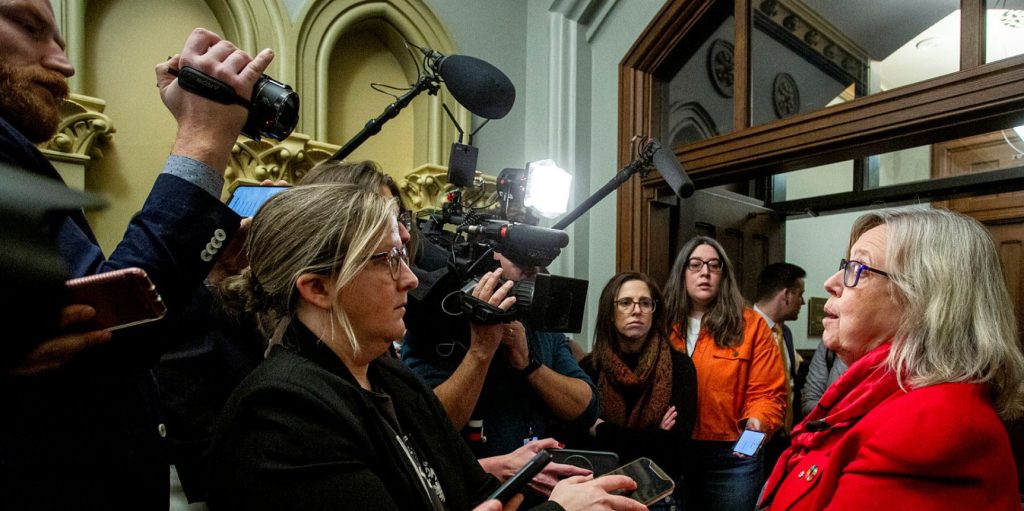
People vote for parties because they believe in ideas, not because they want Parliament to work better, and fighting to the end is always better than giving up.
In their own words: prime ministers in victory and in defeat
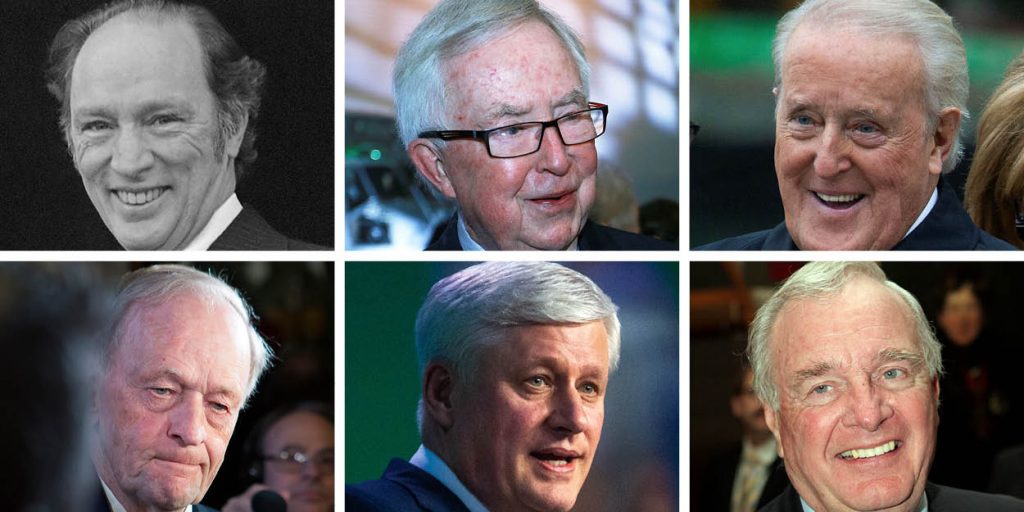
When Brian Mulroney won a massive majority in 1984, he thought of his Baie Comeau-paper-mill-working father, his hero; when Jean Chrétien won in 1993, he and Aline, visited his parents graves in Shawinigan, Que., before heading to Ottawa; and when Kim Campbell and the Progressive Conservatives were wiped off the political map in defeat in 1993, she told the crowd, ‘I’m glad I didn’t sell my car.’
Public servants running in record numbers flip partisan assumptions as most offer under Tory banner

With 24 candidates across nine parties and Conservatives leading the way with nine, the surge of bureaucrat participation in this election shows how public service is changing.
Vote to end gender-based violence

Intimate partner violence is widely understood to be an epidemic in Canada. It represents a very real threat to our collective safety, and must be addressed as the public health emergency that it is.
If party platforms come after advance voting and leaders’ debates, are they still relevant?
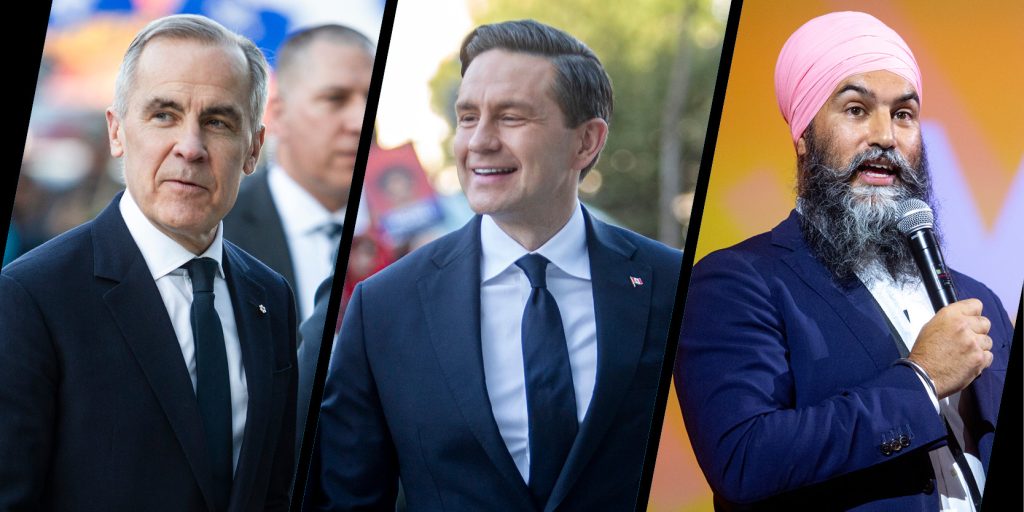
The policy documents don’t ‘move the needle’ for voters and offer ‘a really big target for opponents,’ so they may be on their way out, say strategists.
A new voting strategy: prevent a Liberal majority
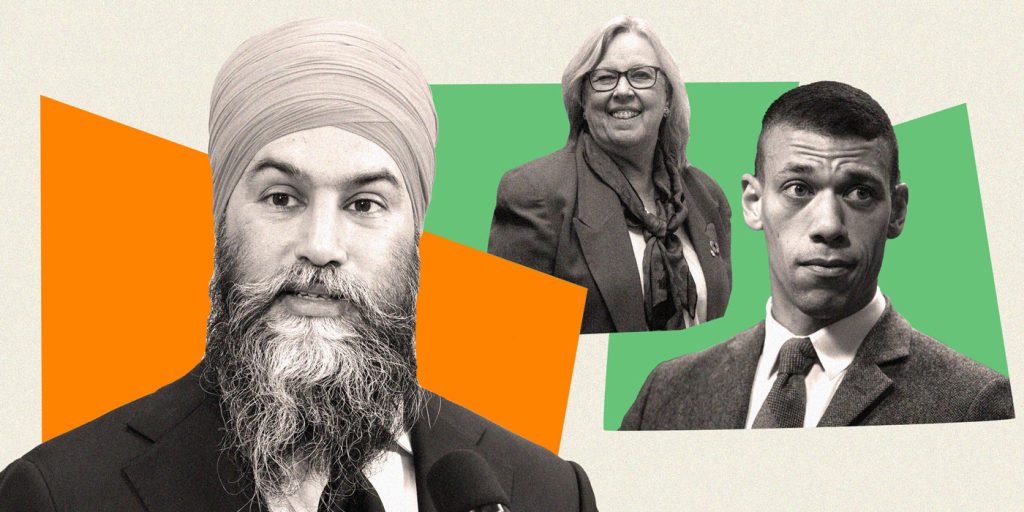
Strategic voting appears to have achieved its goal and is saving us from the Conservatives, yet again. But with election day looming and the Liberals maintaining their miraculous turnaround in the polls, it’s time for left-of-centre New Democrat and Green voters to consider a new voting strategy: prevent the Liberals from winning a majority government. […]
Poilievre’s ethics pitch more about framing Carney as a ‘corrupt politician’ than attempt at reform, but some ideas are good, say observers
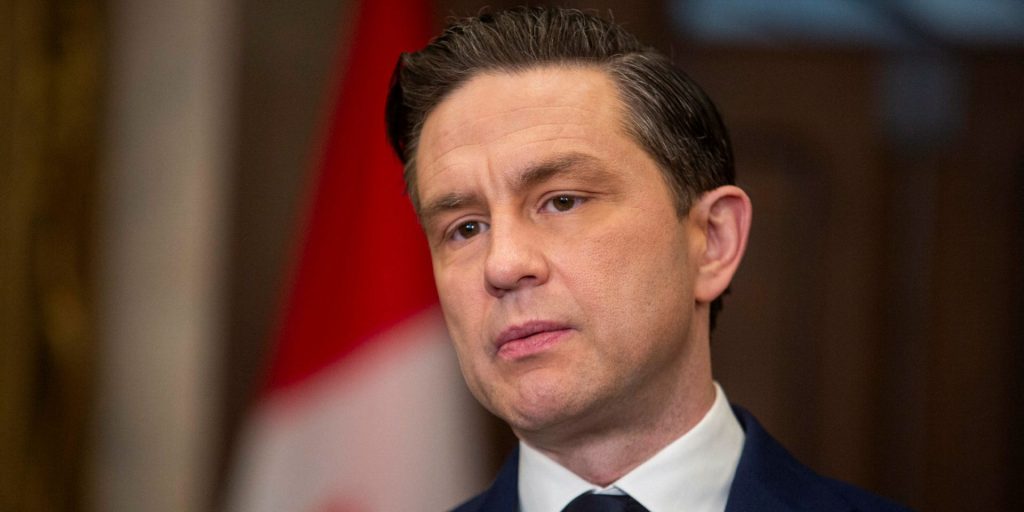
Pierre Poilievre is anchoring his ethics reform plan in what he calls ‘Accountability Act 2.0,’ a nod to the original Federal Accountability Act introduced in 2006 by Stephen Harper’s Conservative government.
Pundit panel: what closing messages should the leaders make to voters?
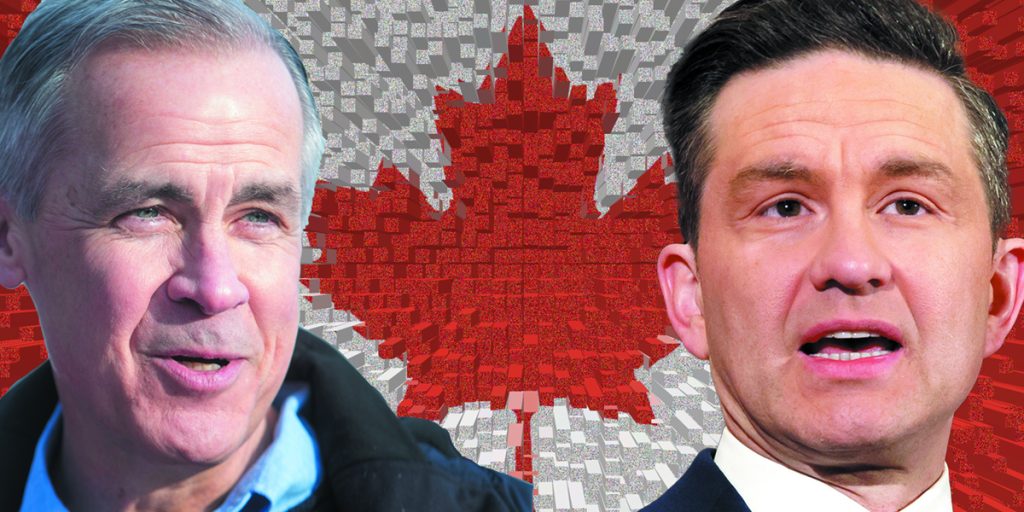
‘I’m not sure there has ever been an election in Canadian history where the ballot question lined up so perfectly in one candidate’s favour,’ says former Liberal PMO staffer Dan Arnold.
Day 34: Poilievre returns to Vancouver Island, Carney speaks at First Nations conference on last campaign Friday

Plus, the pundit panel weighs in on the closing message the leaders will want to give to voters.

